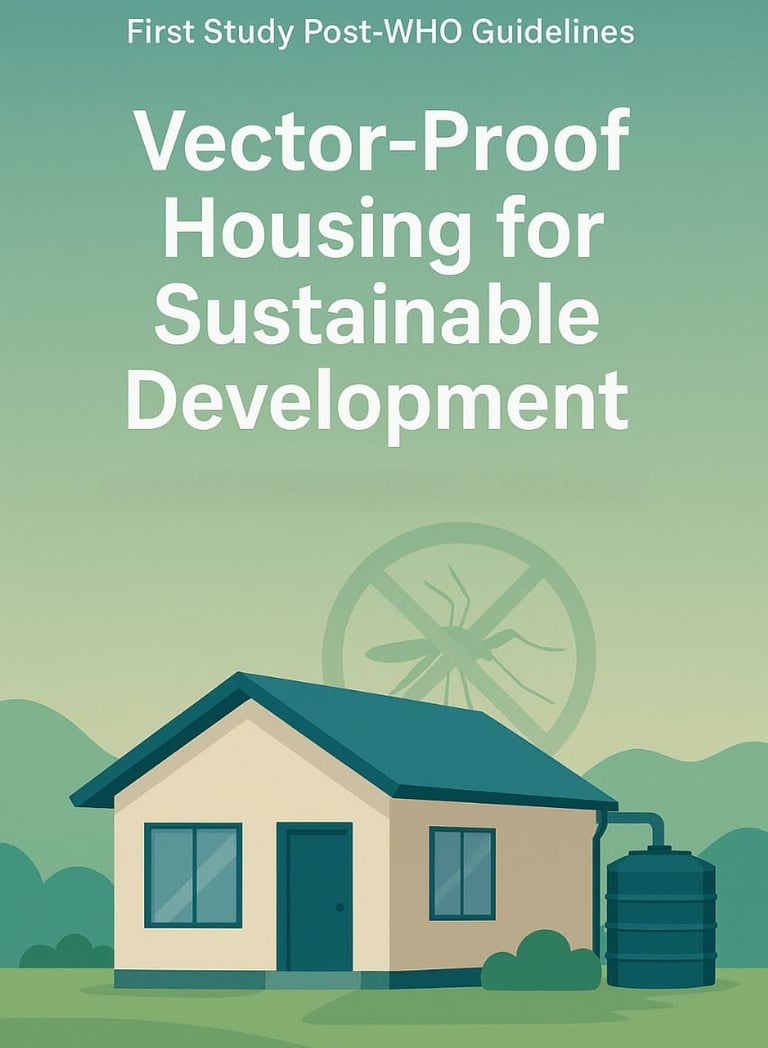Publications
Thesis Showcase
Explore my professional written works available on request


Assessment of Health Communication Channels for Family Planning among Women of Reproductive Age attending Sir Ganga Ram Hospital Lahore.
(2017-18)


INTRODUCTION
This research investigates the effectiveness of various health communication channels in promoting family planning among women of reproductive age in Lahore, Pakistan. Adopting a mixed-methods approach, the study integrates quantitative surveys with in-depth interviews and focus group discussions (FGDs) to capture both measurable trends and rich, personal insights. The available data of Pakistan describe the existing communication channels to improve the family planning knowledge and practices. The studies on the effectiveness of these are limited and the low awareness practices indicate the need of innovation and modification in the communication means. The study will highlight the effectiveness of various communication channels used for family planning then ultimately help policy maker and planners to use this evidence in designing and implementing programs to improve family planning services for Pakistani women while thematic analysis reveals cultural nuances and lived experiences that influence decision-making. The study’s results stress the importance of culturally sensitive, trust-based, and evidence-driven communication strategies for improving reproductive health outcomes.
AUTHOR'S NOTE
As a healthcare professional and researcher, my goal in conducting this mixed-methods study was to bridge the gap between statistical data and the human stories behind it. Family planning is not merely a public health measure; it is a pathway to women’s empowerment, community stability, and national progress. By combining quantitative evidence with the in-depth perspectives of individuals and the collective insights of FGDs, this work provides a holistic understanding of how communication can influence health behavior. I hope it will serve as a valuable resource for policymakers, practitioners, and educators seeking to create interventions that are both effective and culturally respectful.
INTRODUCTION
This groundbreaking study in 2020 is the first to be released after the World Health Organization’s pivotal “Keeping the Vector Out” document. It investigates community perceptions of vector-proof housing in Lahore, Pakistan, as a sustainable solution to combat Chikungunya, Dengue, Zika, and other Aedes mosquito-borne disease.
AUTHOR'S NOTE
In the fight against vector-borne diseases, prevention begins at home, literally. This publication represents my commitment to merging sustainable development goals with public health innovation. Inspired by WHO’s “Keeping the Vector Out”, my research explores how communities in Lahore perceive, adapt, and sometimes struggle to implement vector-proof housing.